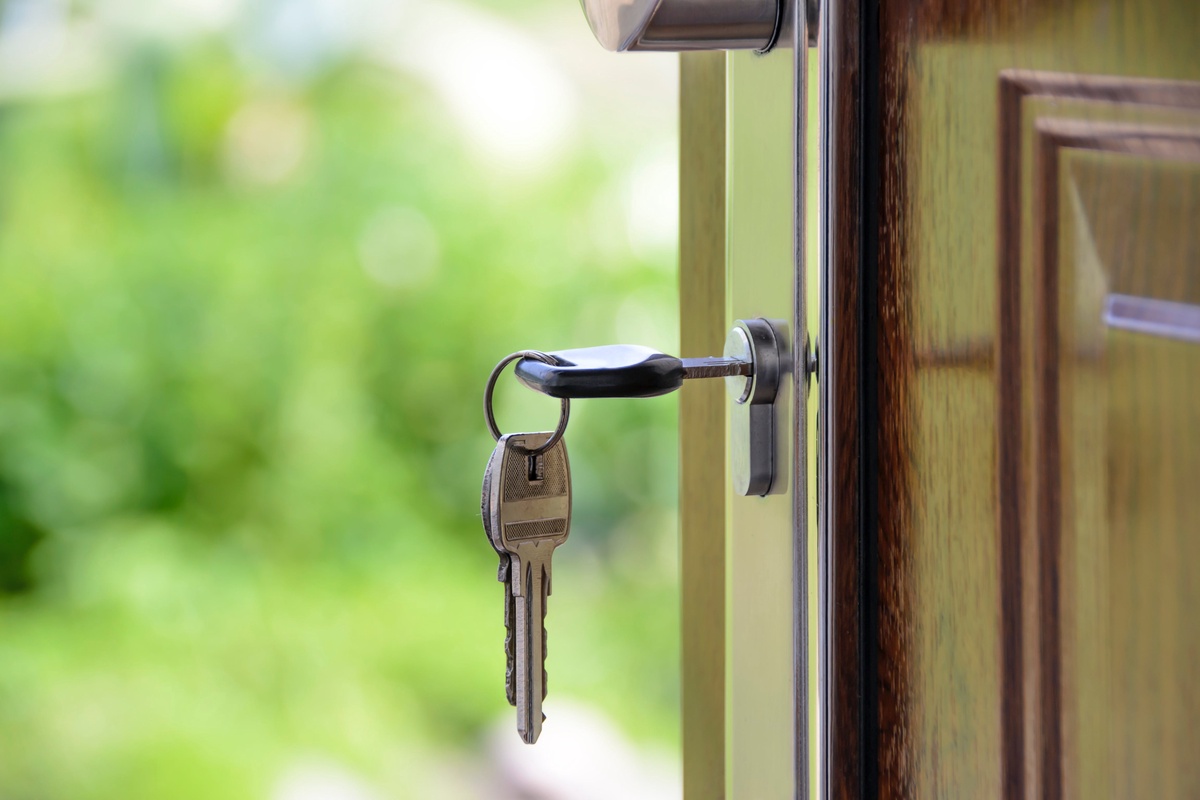Owning a home is a dream that many aspire to fulfill. It's a significant milestone that not only provides a sense of accomplishment but also serves as a long-term investment. However, the process of buying your first home can be overwhelming and complex. This comprehensive guide aims to demystify the journey to homeownership, offering practical insights, step-by-step instructions, and valuable tips to make the process smoother.
Understanding Your Financial Landscape
- Assess Your Finances
Before diving into the real estate market, take a close look at your financial situation. Evaluate your income, expenses, and debts. Understanding your financial standing will give you a realistic perspective on what you can afford. Factor in your credit score, as it plays a crucial role in securing a favorable mortgage rate.
- Set a Budget
Once you have a clear picture of your finances, set a budget for your home purchase. Consider not just the down payment and mortgage but also ongoing costs like property taxes, insurance, and maintenance. Having a well-defined budget will help narrow down your options and prevent you from overcommitting financially.
- Save for a Down Payment
Most homebuyers will need to make a down payment on their new home. Aim for a down payment of at least 20% to secure better mortgage rates and avoid private mortgage insurance (PMI). Start saving early and explore government programs or financial assistance options for first-time homebuyers.
Navigating the Mortgage Maze
- Get Pre-Approved for a Mortgage
Before you start house hunting, get pre-approved for a mortgage. This involves a lender evaluating your financial history and credit score to determine the loan amount you qualify for. Being pre-approved not only helps you understand your budget but also makes you a more attractive buyer in the eyes of sellers.
- Understand Mortgage Options
There are various types of mortgages available, each with its own set of terms and conditions. Common options include fixed-rate mortgages, adjustable-rate mortgages (ARMs), and government-backed loans like FHA or VA loans. Research and consult with mortgage professionals to find the best option for your financial situation.
- Factor in Additional Costs
In addition to the mortgage, be prepared for additional closing costs. These may include attorney fees, title insurance, and property taxes. Budget for these expenses to avoid last-minute financial strain.
The Hunt for Your Dream Home
- Define Your Priorities
As you begin your house hunt, create a list of priorities. What features are non-negotiable, and what aspects are flexible? Consider factors like location, school districts, and proximity to amenities. This list will serve as your guide during the search.
- Hire a Real Estate Agent
A qualified real estate agent can be an invaluable asset in your homebuying journey. They have access to a wide range of listings, understand the local market, and can negotiate on your behalf. Look for an agent with experience in helping first-time homebuyers.
- Attend Open Houses
Take advantage of open houses to get a feel for different neighborhoods and property styles. Attend multiple showings to compare options and gather insights into the local real estate market. Don't be afraid to ask questions and take notes during these visits.
Making the Offer and Closing the Deal
- Make an Informed Offer
When you find the perfect home, work with your real estate agent to make a well-informed offer. Consider the current market conditions, recent comparable sales, and the seller's situation. A strategic offer increases your chances of a successful negotiation.
- Home Inspection is Crucial
Before finalizing the deal, schedule a home inspection. A professional inspector will assess the property's condition, identifying potential issues that may not be apparent. Use the inspection report to negotiate repairs with the seller or adjust your offer accordingly.
- Navigate the Closing Process
Once your offer is accepted, the closing process begins. This involves finalizing the mortgage, transferring ownership, and completing all necessary paperwork. Stay in close communication with your real estate agent and mortgage lender to ensure a smooth closing.
Post-Purchase Considerations
- Plan for Moving Day
As the closing day approaches, start planning for your move. Hire a reliable moving company, transfer utilities, and update your address with relevant institutions. A well-organized moving day can reduce stress and make the transition into your new home seamless.
- Settle In and Personalize
After moving in, take the time to settle into your new home. Start personalizing the space to make it truly yours. Whether it's painting a room, adding furniture, or planting a garden, these personal touches can turn your house into a home.
- Stay Financially Responsible
Owning a home comes with ongoing financial responsibilities. Stay on top of mortgage payments, property taxes, and maintenance costs. Create a budget that allows for unforeseen expenses and consider setting up an emergency fund for home-related repairs.
Conclusion
Buying your first home is a monumental achievement, and with careful planning and informed decision-making, it can be a rewarding experience. By understanding your finances, navigating the mortgage process, and approaching the homebuying journey with a strategic mindset, you can unlock the door to homeownership and turn your dream into a reality. Remember, each step is a learning opportunity, and with the right guidance, you can confidently embark on this exciting adventure. Happy house hunting!


No comments yet